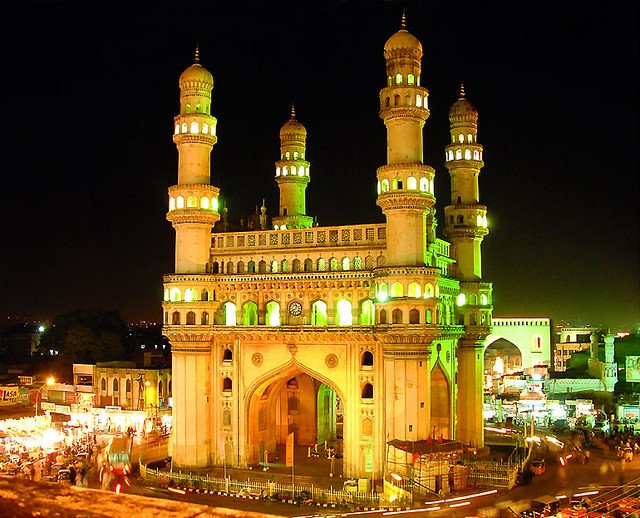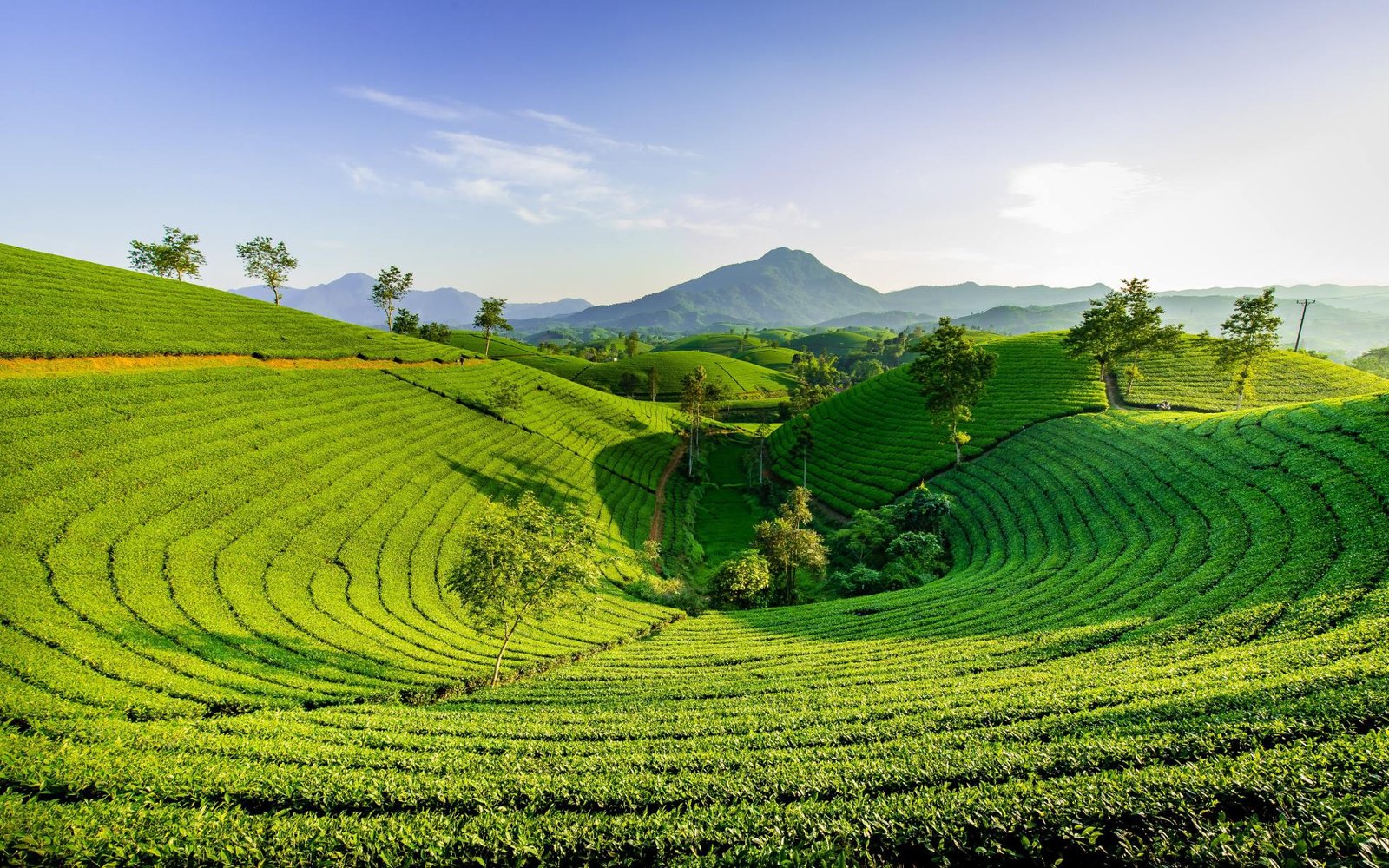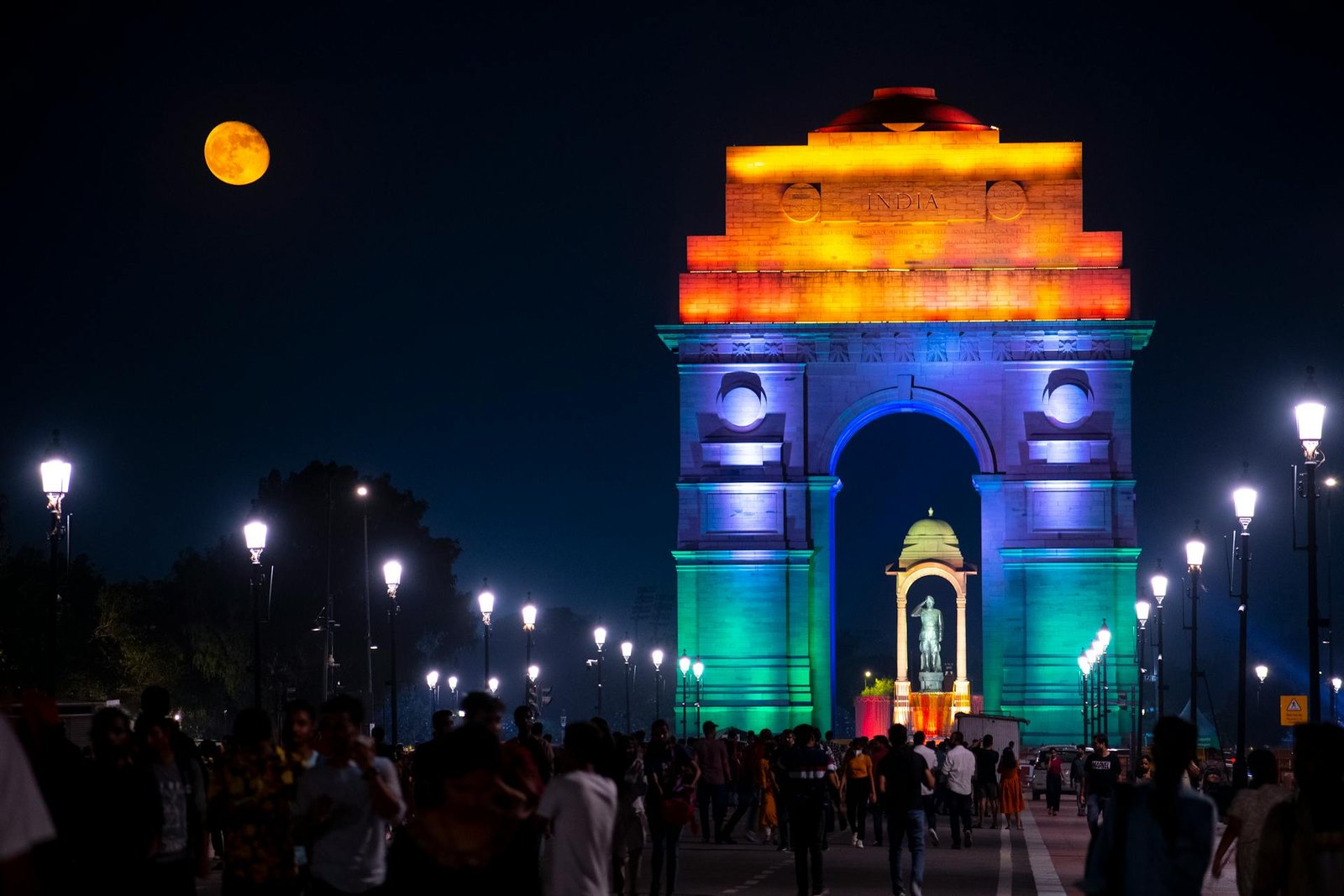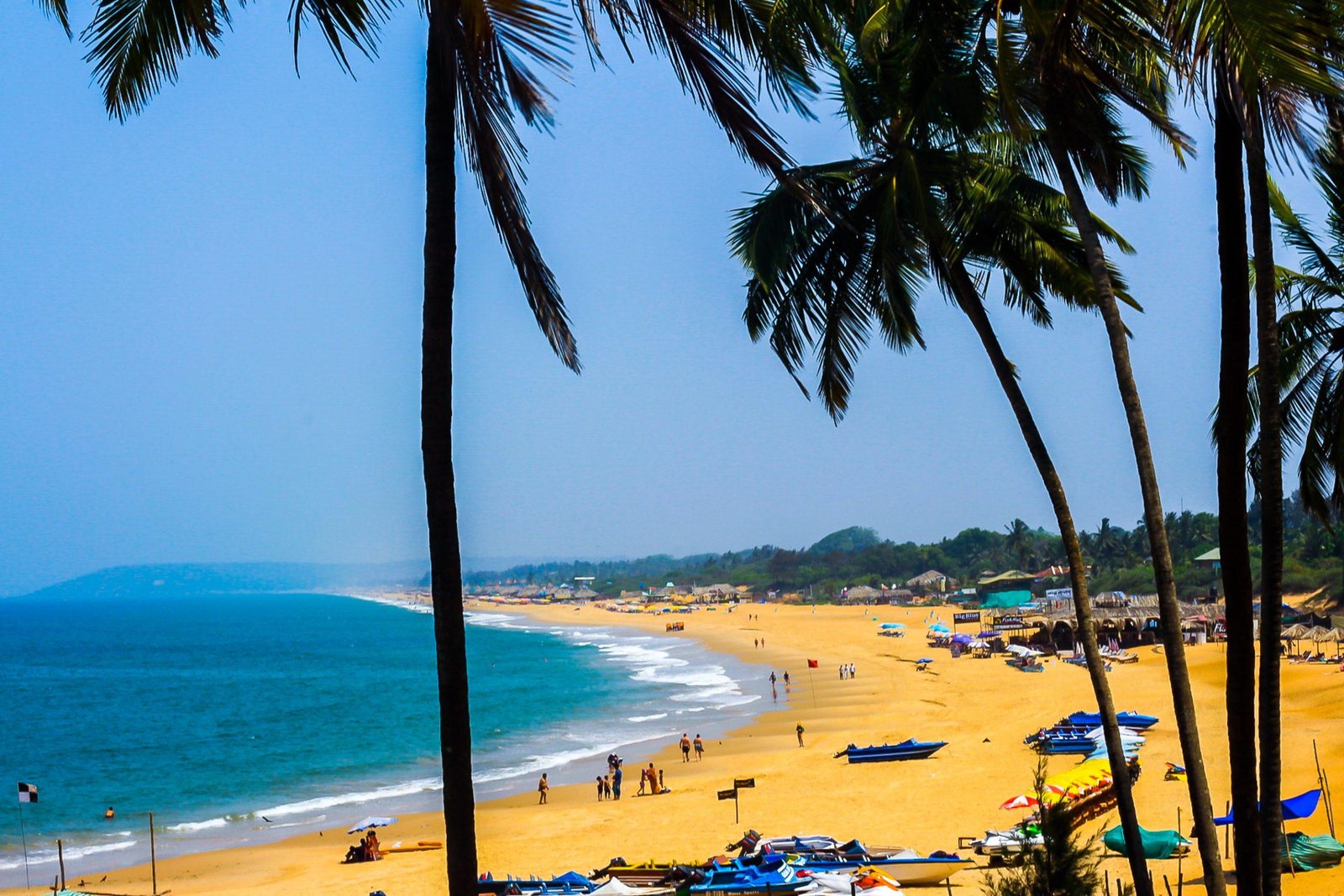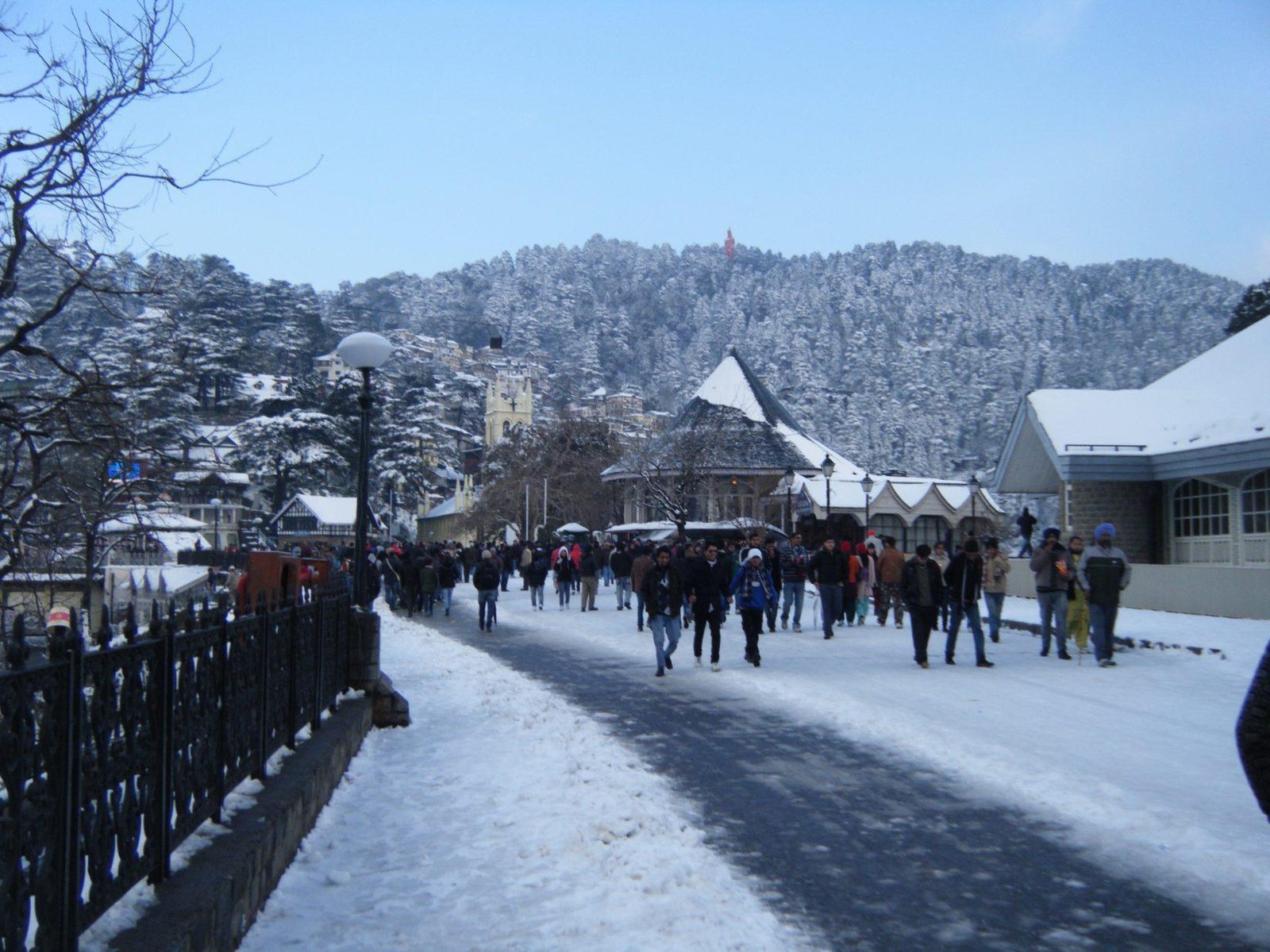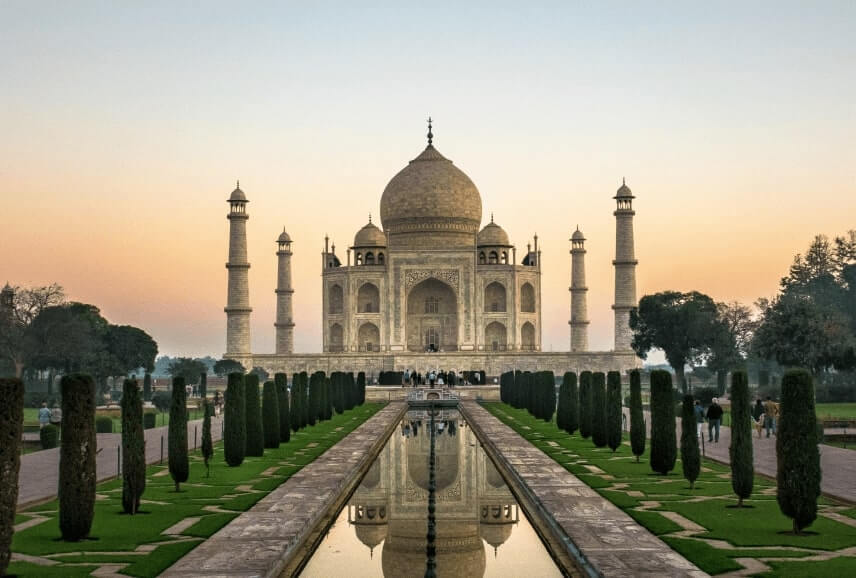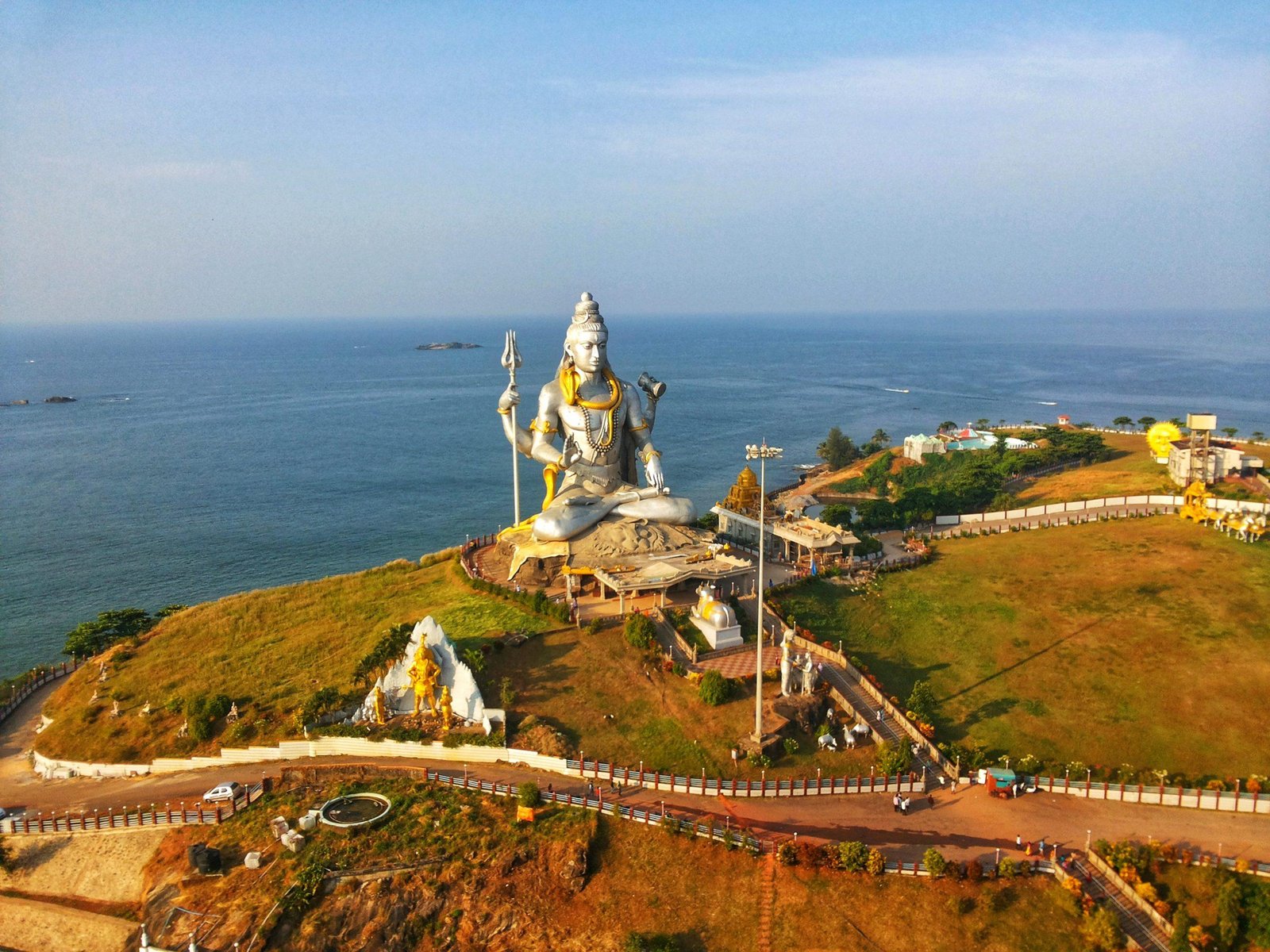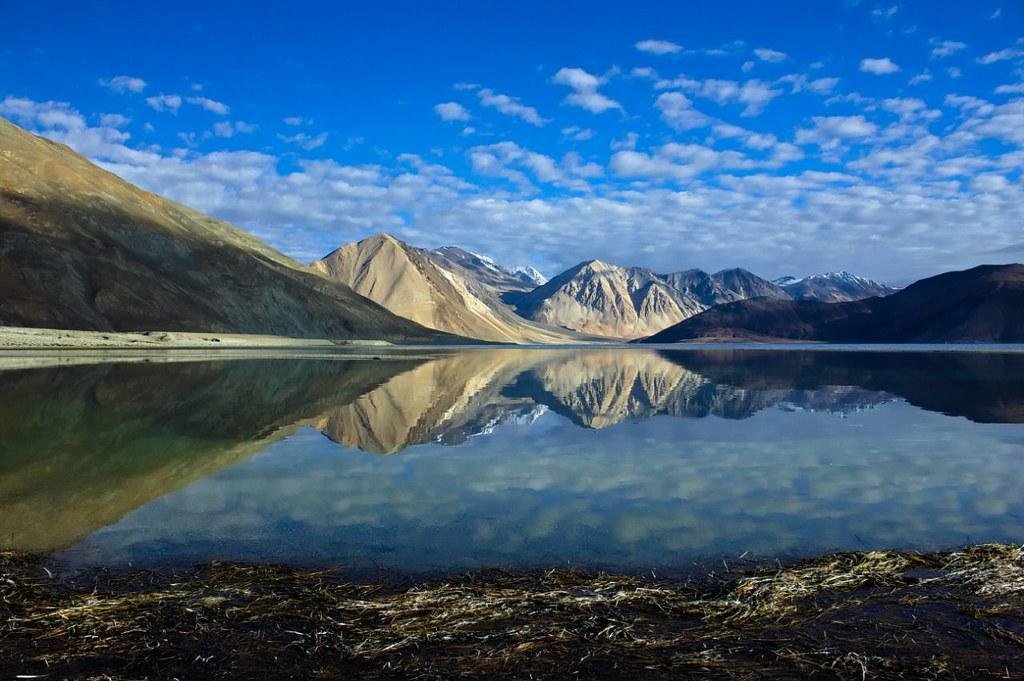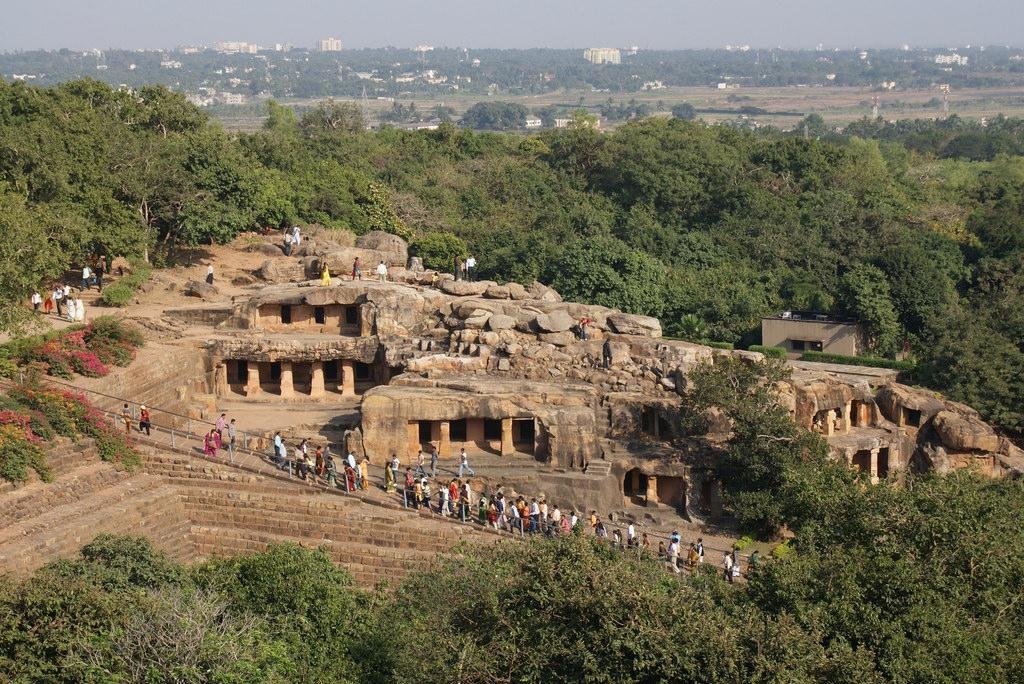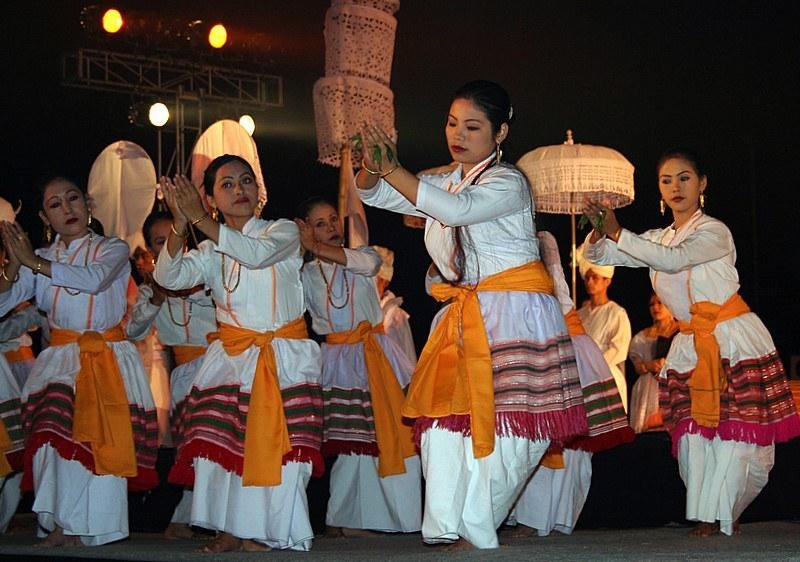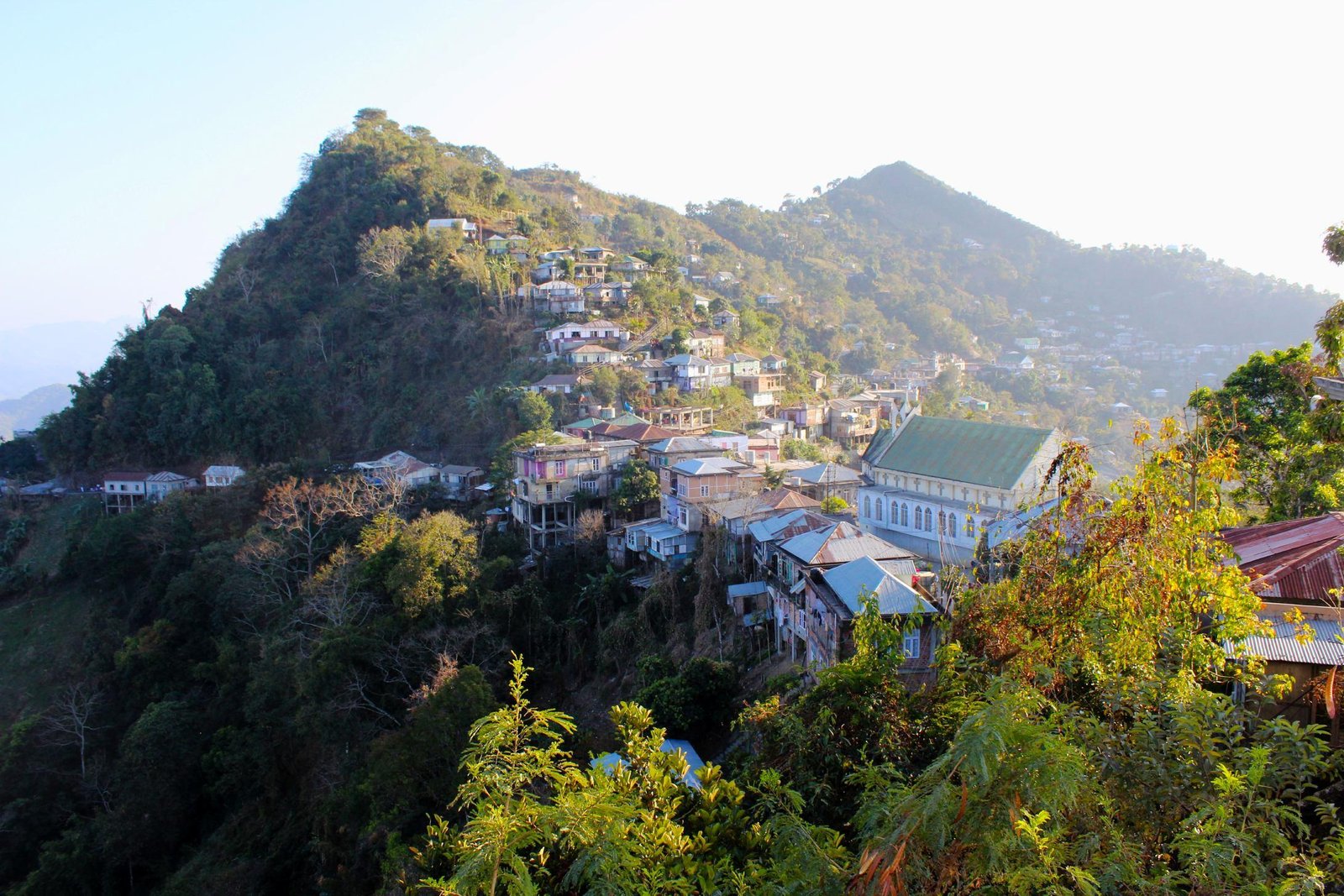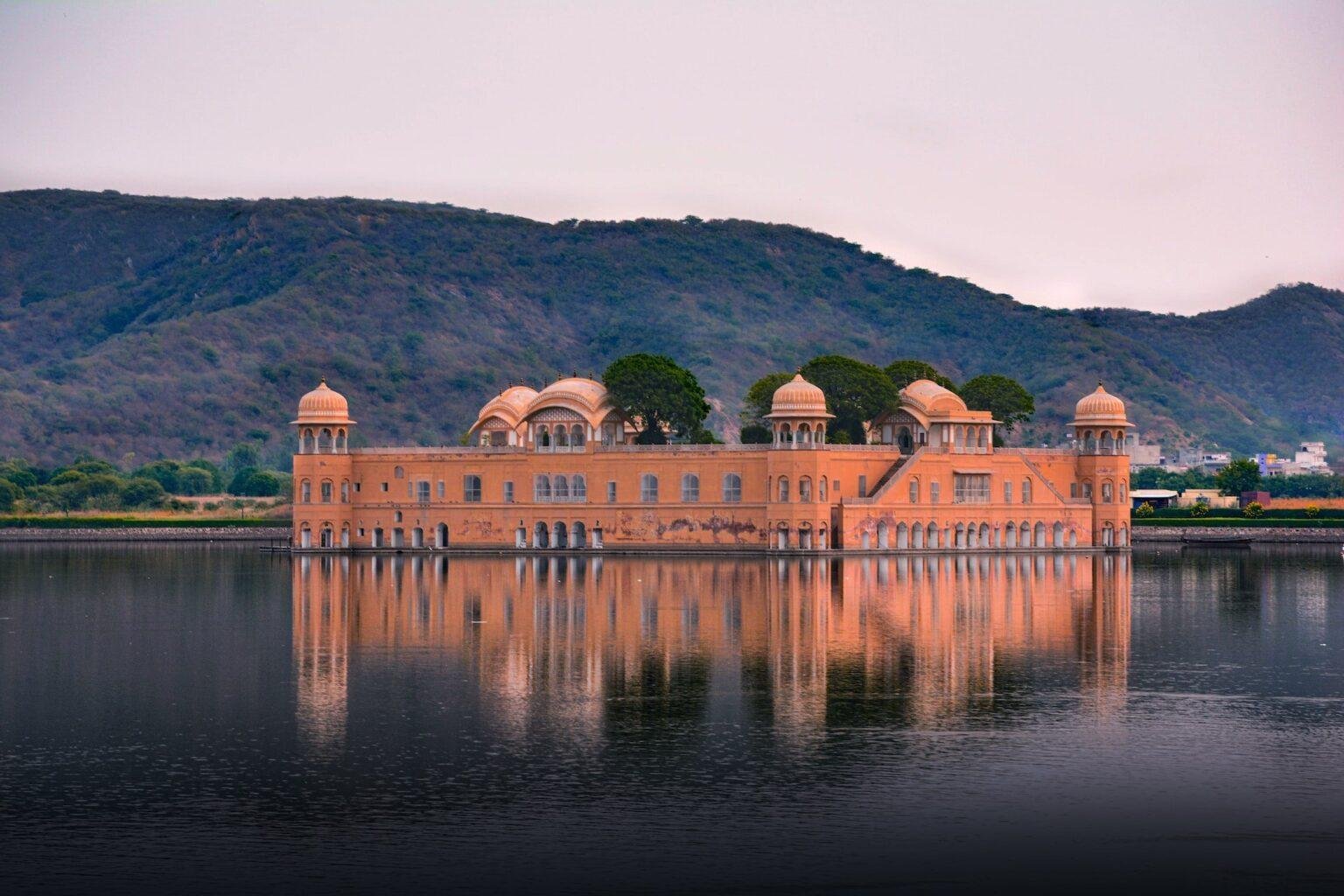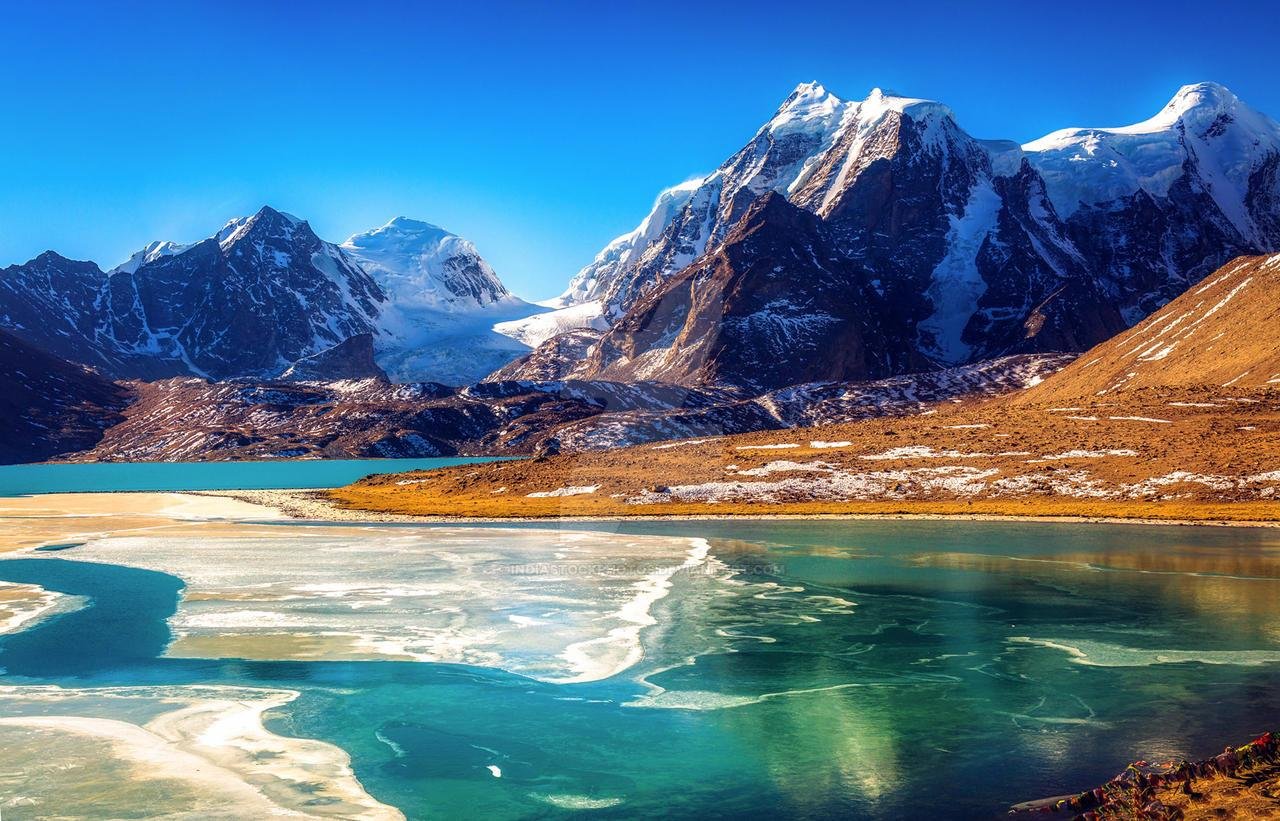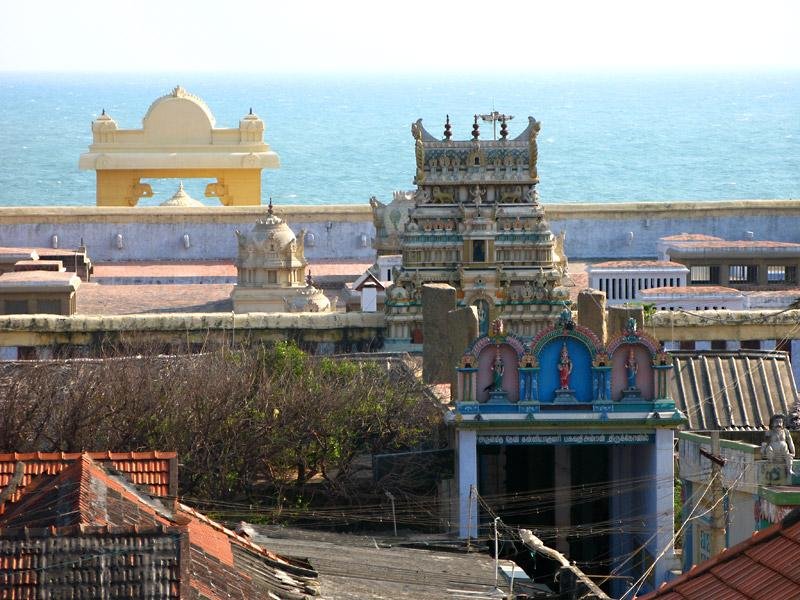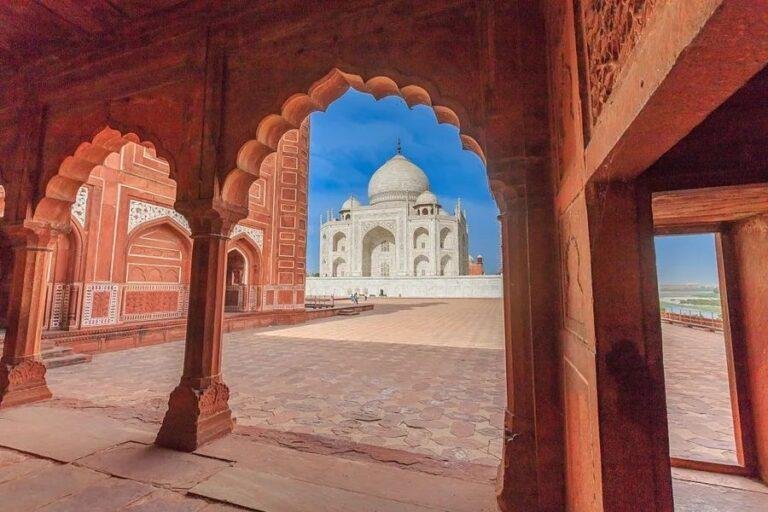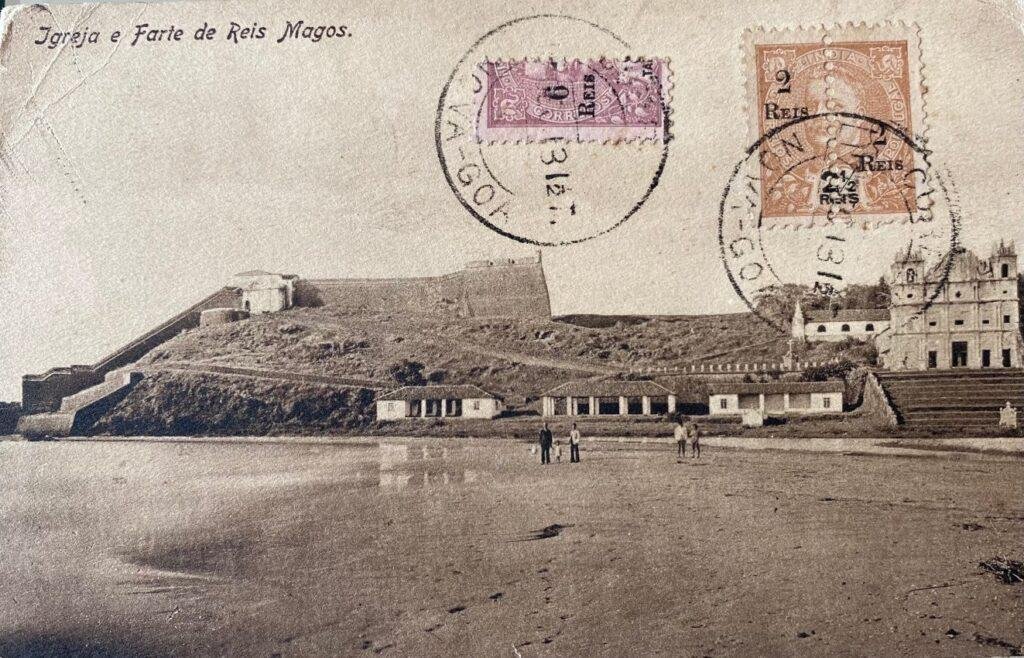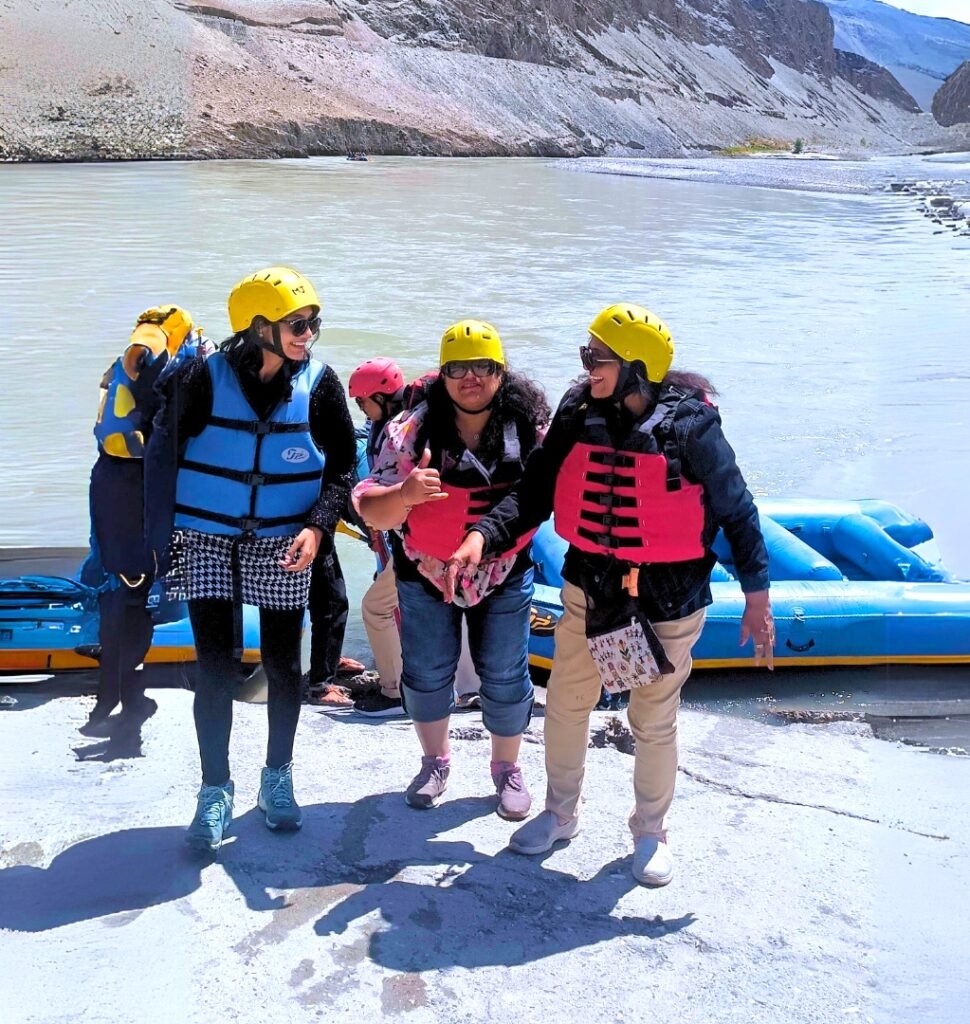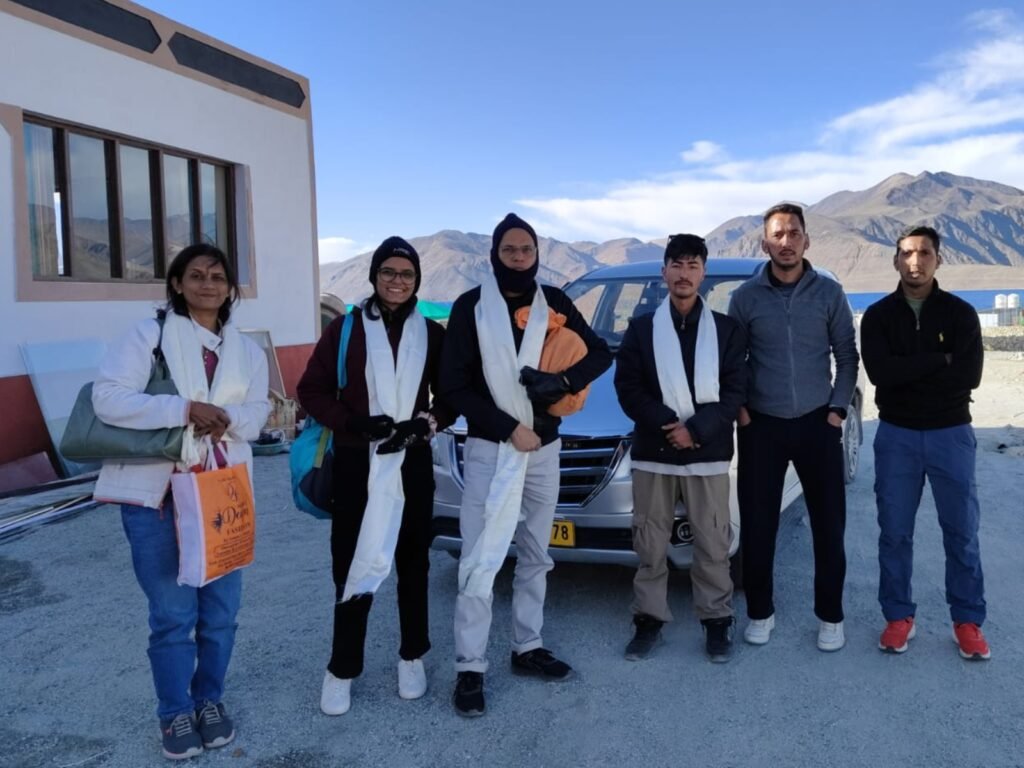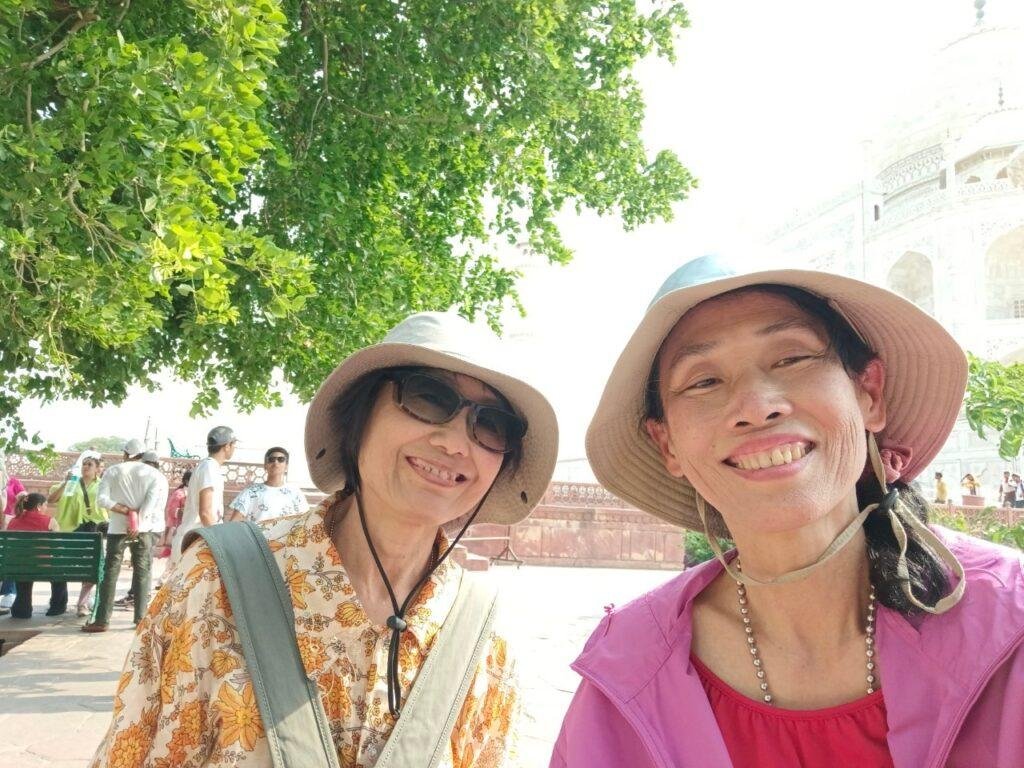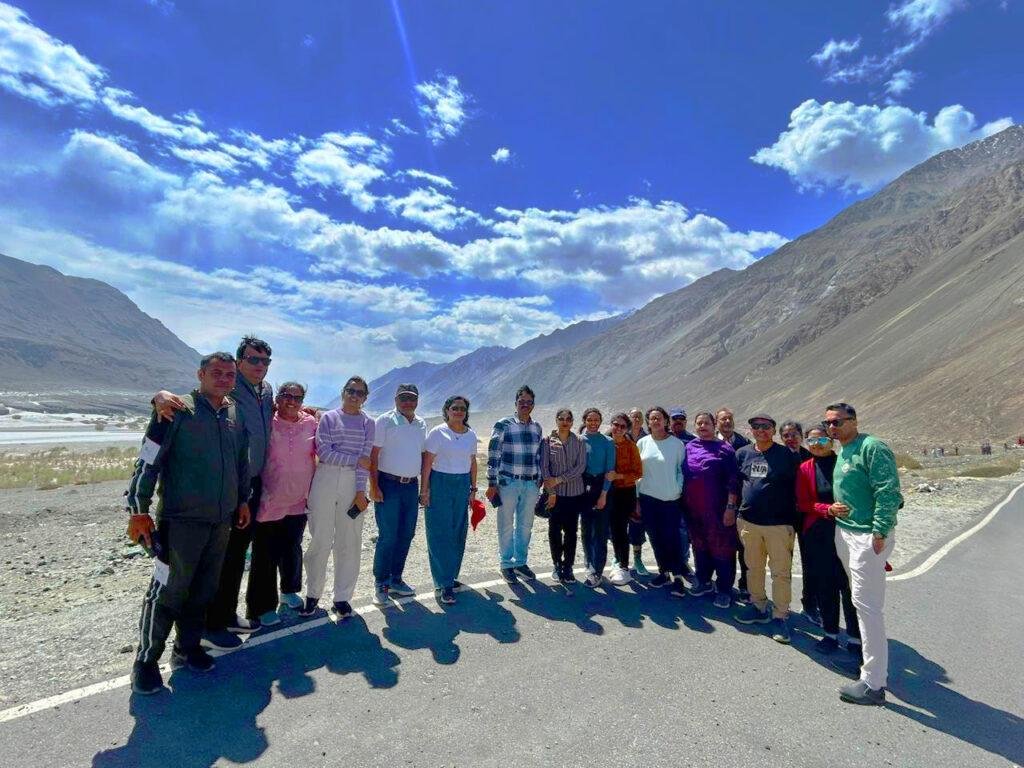Goa has a rich and diverse history that spans over several centuries. Here’s a concise overview of the history of Goa.
Goa’s history can be traced back to ancient times when it was a part of the Maurya Empire in the 3rd century BCE. Later, it came under the rule of the Satavahanas and the Chalukyas. Goa’s strategic coastal location attracted the attention of various dynasties and powers.
In the 14th century, Goa witnessed the arrival of Muslim rulers, including the Delhi Sultanate and the Bahmani Sultanate. However, their control over the region was limited, and local Hindu dynasties continued to have influence.
The most significant turning point in Goa’s history came with the arrival of the Portuguese in the early 16th century. Vasco da Gama, the Portuguese explorer, landed in Goa in 1498, establishing a prosperous trade route between Europe and India. In 1510, the Portuguese captured Goa from the Sultan of Bijapur and made it the capital of their vast Asian empire.
Under Portuguese rule, Goa flourished as a major trading center and the headquarters of the Portuguese empire in the East. The Portuguese introduced Christianity to the region and left a lasting impact on Goan culture, architecture, and cuisine. The Indo-Portuguese fusion is still evident in Goa’s traditions and architecture.
Over the centuries, Goa faced numerous conflicts and battles. The Marathas, led by Chhatrapati Shivaji, captured Goa in 1664, but the Portuguese regained control in 1675. The region witnessed several skirmishes between the Marathas, the Dutch, and the British.
Goa’s struggle for independence intensified in the 20th century, with a growing demand for liberation from Portuguese rule. The Indian government supported the freedom movement, and in 1961, India launched a military operation known as “Operation Vijay” to liberate Goa. The Portuguese were forced to surrender, and Goa became a Union Territory of India.
Goa was granted statehood in 1987, becoming the 25th state of India. Since then, Goa has thrived as a popular tourist destination, known for its beautiful beaches, rich heritage, and vibrant culture. The state attracts millions of tourists each year, contributing significantly to its economy.
Goa’s history is a fascinating amalgamation of indigenous cultures, European influences, and struggles for independence. Today, it stands as a testament to its multicultural past and continues to embrace its unique blend of traditions and modernity.
